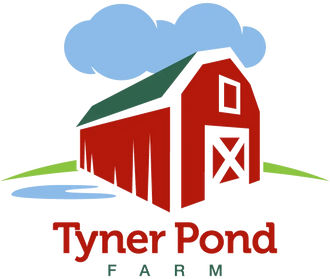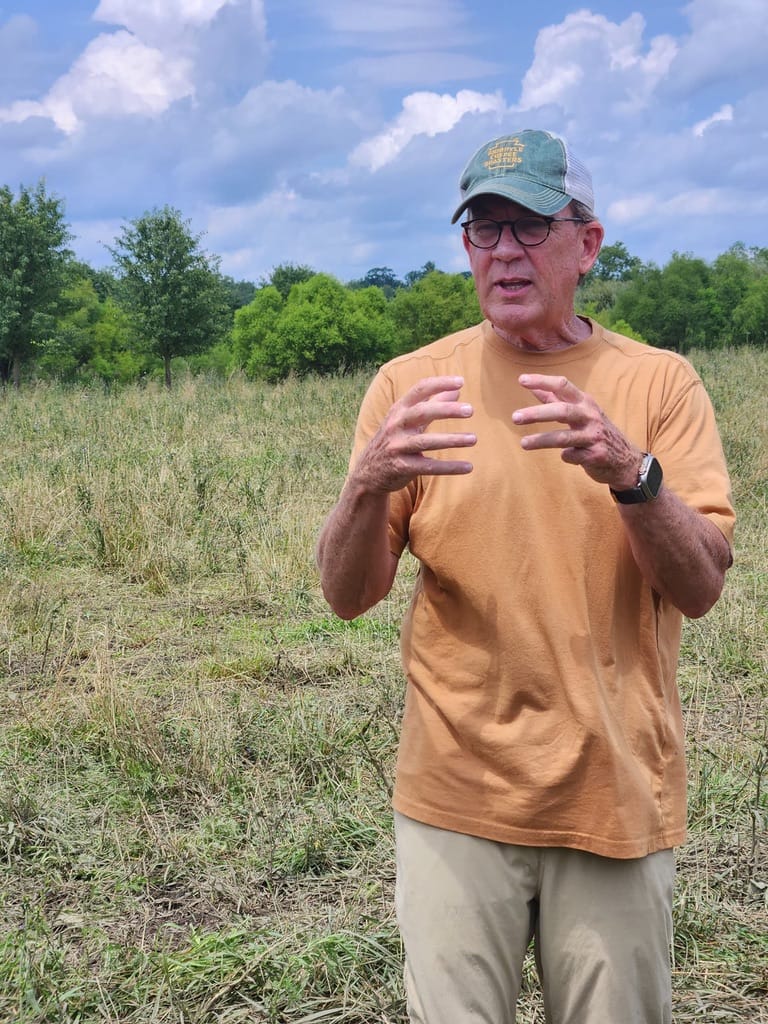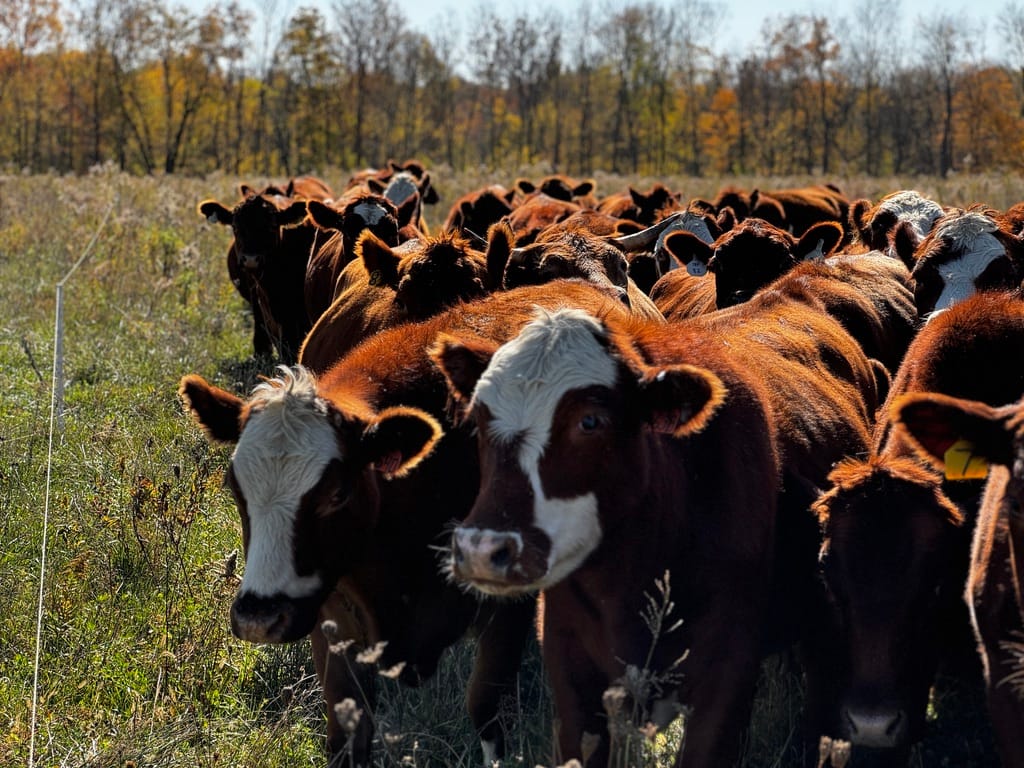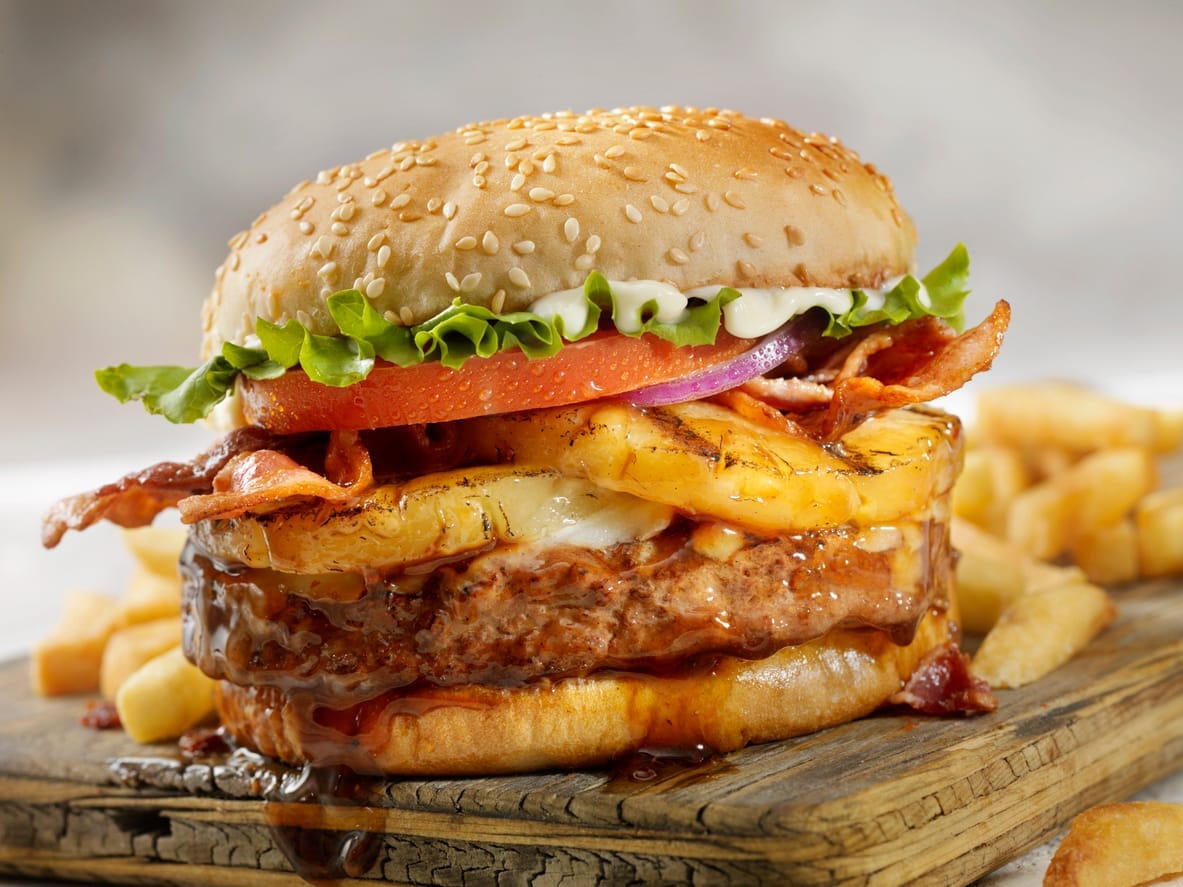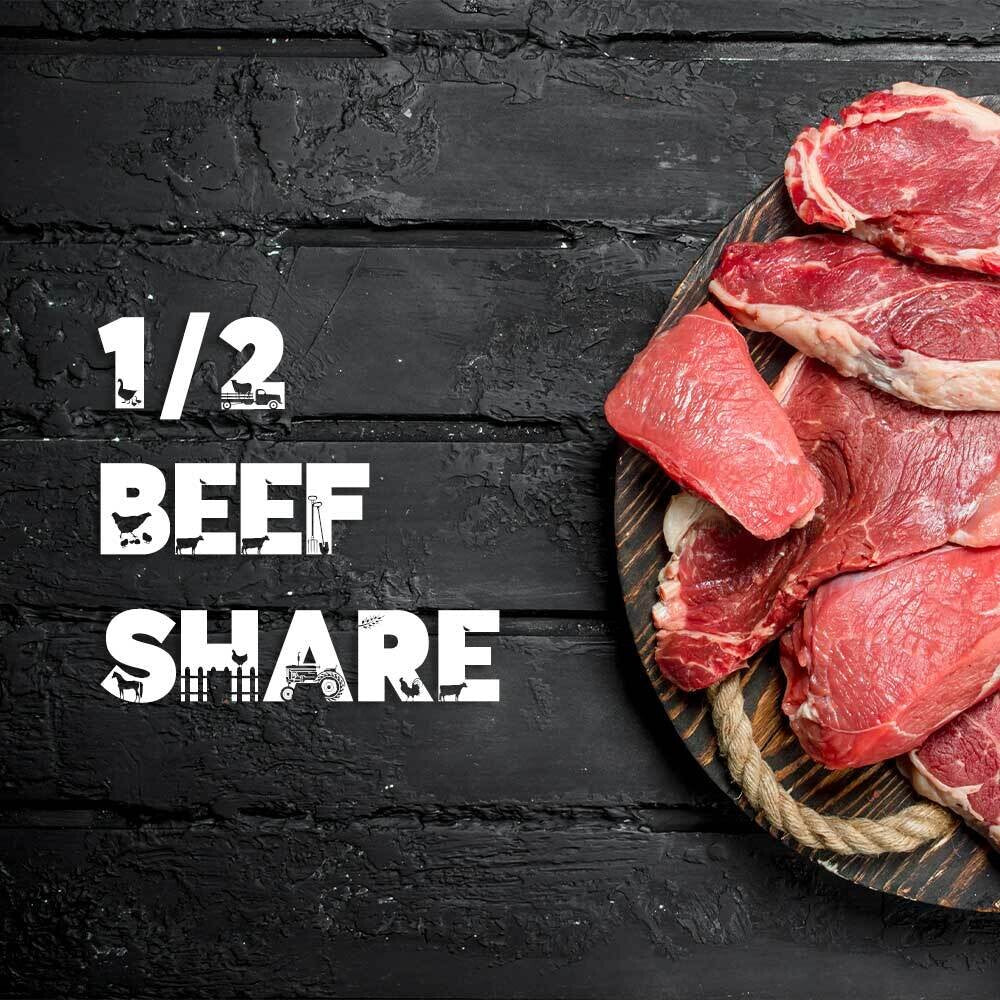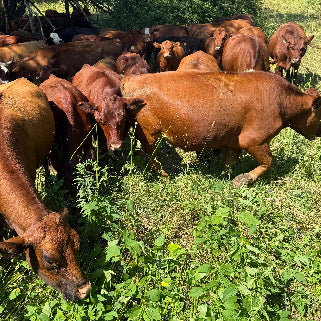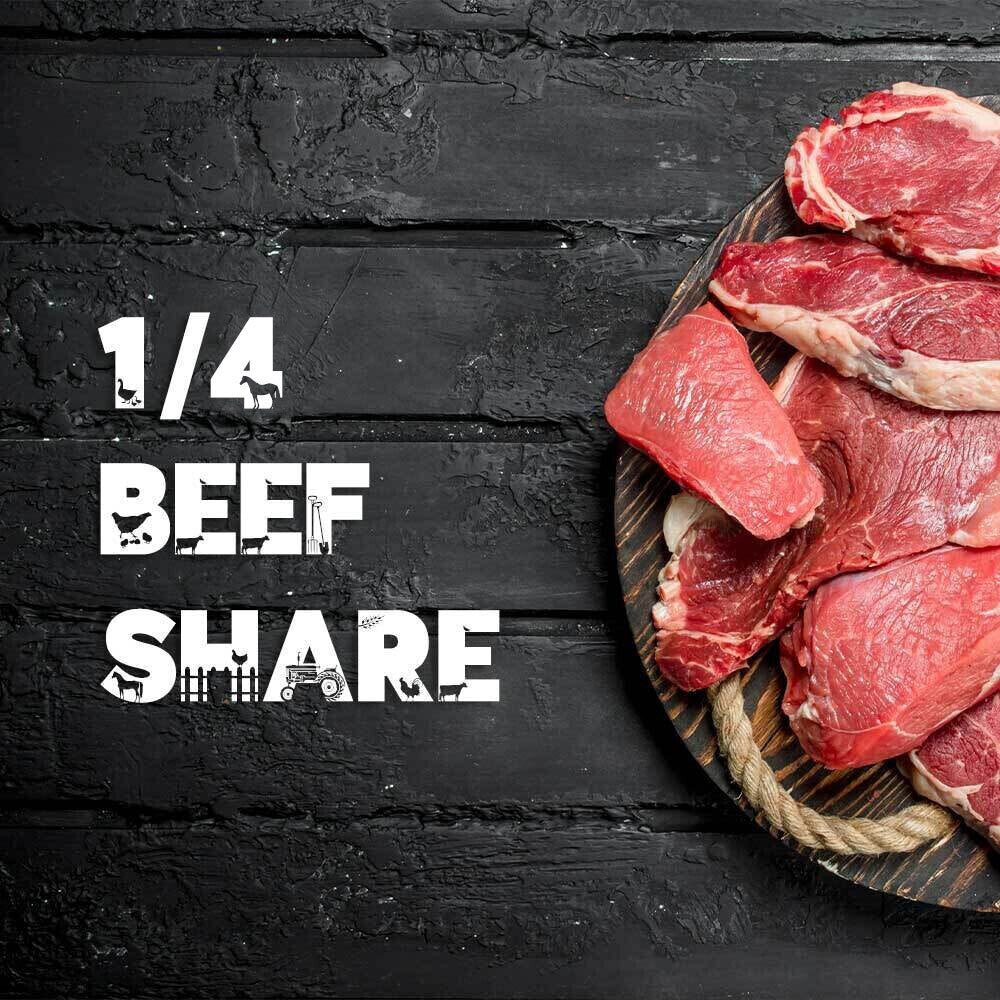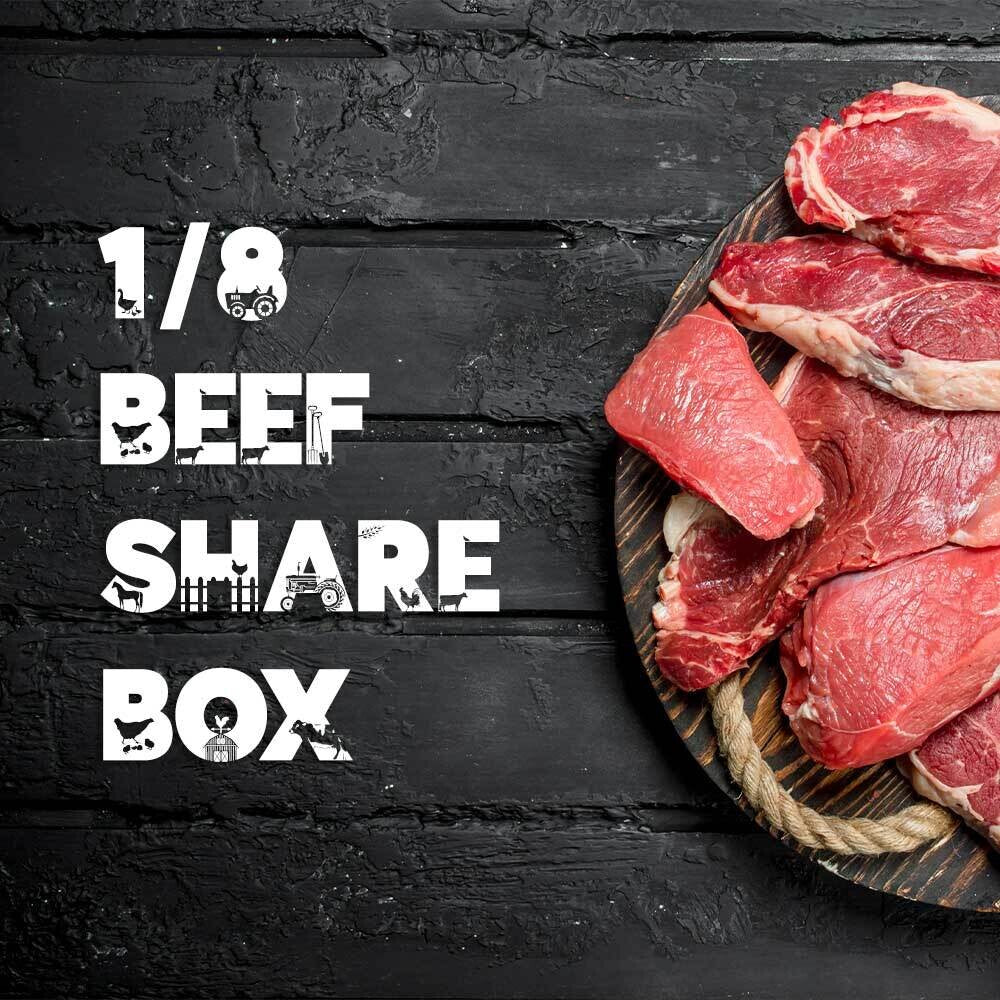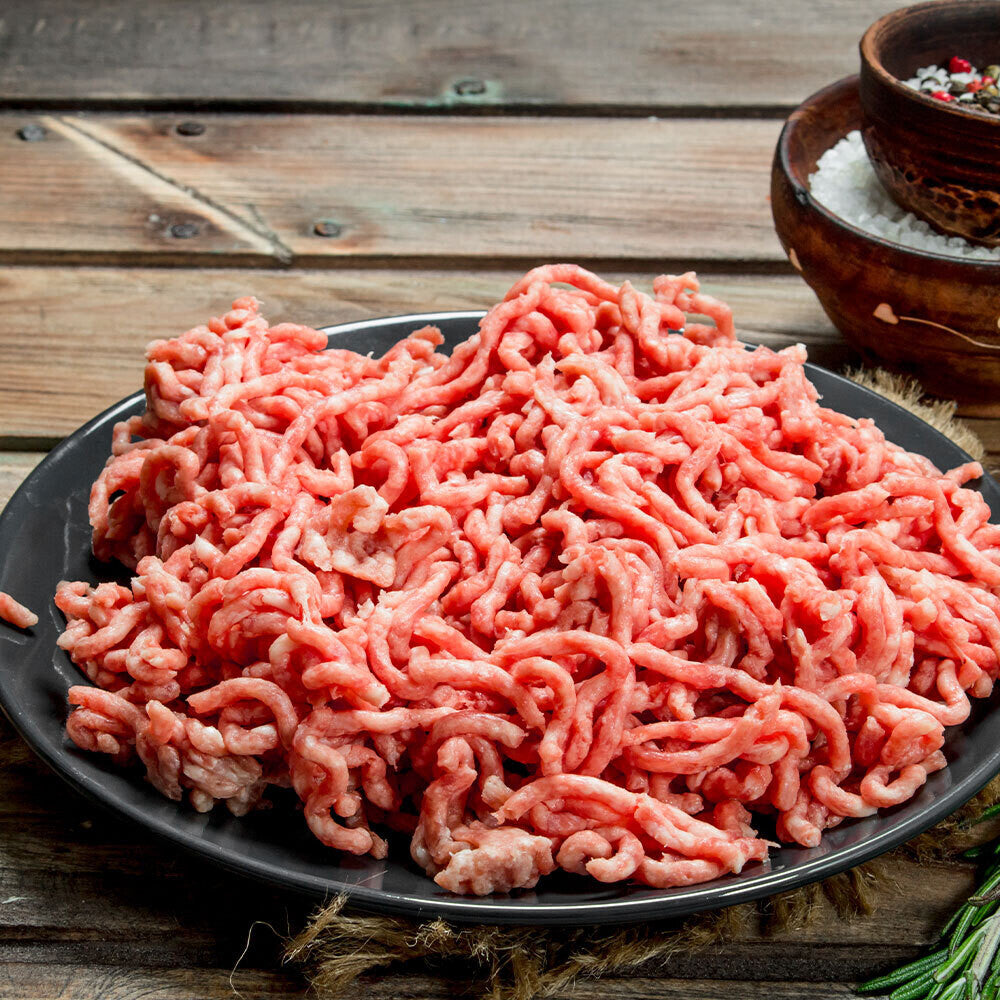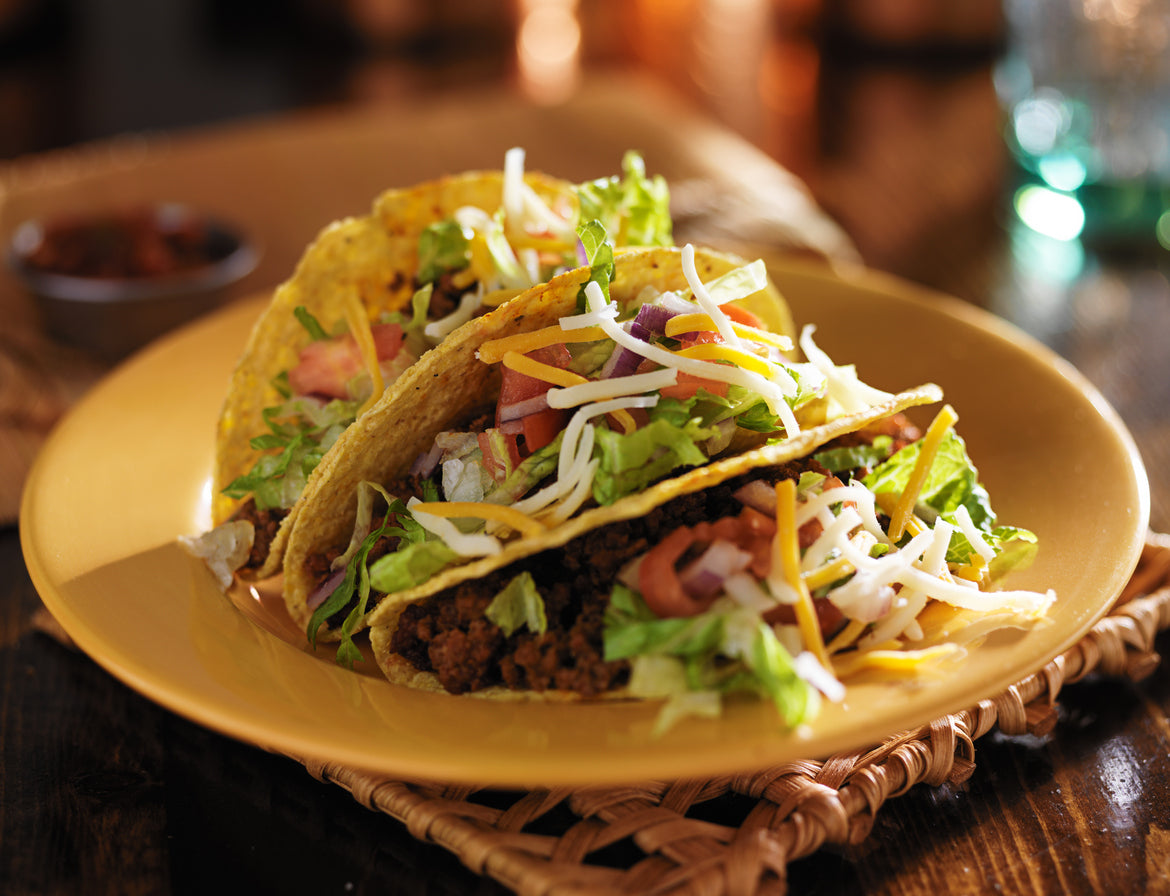
Food Independence: Restoring Farmland for Real Security
Environmental Security IS Food Security
In a world increasingly dominated by global corporations, the question of food security becomes more pressing. Much of what we eat today is dependent on massive, profit-driven systems that prioritize efficiency over sustainability. These systems, reliant on synthetic inputs, industrial farming, and long supply chains, leave us vulnerable to disruption and insecurity. But there is another way—one that ties food security directly to environmental security, where both the land and the animals thrive without being propped up by corporate inputs. At Tyner Pond Farm, we believe that true food security is only possible with a healthy environment.The Fragility of the Globalized Food System
The food system many of us rely on today is fundamentally insecure. It's built on long supply chains, reliant on fertilizers, pesticides, and other inputs provided by giant corporations whose primary concern is profit, not sustainability or long-term security. The result is a system vulnerable to disruptions—whether from economic instability, geopolitical events, or environmental degradation. One clear example of our dependency on the global food system is synthetic fertilizer. Much of the fertilizer used in industrial farming is derived from nitrogen, potassium, and phosphorus, with significant portions imported from countries like Russia, China. This makes our food supply vulnerable to geopolitical tensions, trade disruptions, and price fluctuations. When we rely on synthetic fertilizers to grow crops, we’re not just dependent on foreign resources, we’re also degrading the health of our soil, which leads to an ongoing cycle of dependency. In contrast, regenerative farming practices, like those at Tyner Pond Farm, enhance soil fertility naturally, eliminating the need for external fertilizers and breaking free from global supply chain risks. Our dependency on imported fertilizer and food: Much of the synthetic fertilizer used in conventional farming is imported from countries like Russia, China, and Canada. This reliance on foreign sources makes our entire food system vulnerable. Any conflict, trade dispute, or retaliation could mean we suddenly lose access to the key inputs needed to grow food. The reality in Indiana is that much of our farmland is so degraded after years of industrial farming that it can no longer support crops without these external inputs. Without synthetic fertilizers, the soil simply doesn’t have the nutrients needed to produce a yield. This creates a dangerous dependency, where our ability to grow food is tied directly to global trade and foreign relationships, leaving us incredibly vulnerable. Most of the food available in supermarkets is the product of this system. Crops are grown with synthetic chemicals, livestock is raised in confinement with the aid of antibiotics and hormones, and the soils are continually degraded by overuse. These practices create a cycle of dependency, where farms are reliant on external, corporate inputs just to stay productive. And while this might seem efficient in the short term, it’s unsustainable in the long run. What happens if these supply chains break down? What happens when soil health deteriorates to the point that it can no longer produce without heavy inputs? We’re left with an insecure, fragile system that cannot reliably provide for our needs.Environmental Security: The Foundation of Food Security
The key to breaking this cycle lies in shifting our focus from industrialized food production to a system based on environmental security. At Tyner Pond Farm, we prioritize regenerative farming methods that enhance the natural health of our soils and animals. By working with nature, rather than against it, we create a resilient system that isn’t dependent on synthetic fertilizers, pesticides, or corporate-controlled inputs. Healthy soil is the foundation of a secure food system. It supports plant life without the need for artificial fertilizers and promotes biodiversity. In turn, this biodiversity ensures that the ecosystem remains balanced, resilient, and capable of adapting to changes. Animals that graze on nutrient-rich pastures, in a way that mimics natural ecosystems, don’t require antibiotics or growth hormones to thrive. This closed-loop system is self-sustaining. The animals, plants, and soil work together to regenerate and strengthen the environment rather than depleting it. It’s a system that doesn’t rely on outside inputs and, because of that, it’s a system that provides true food security.Independence From Corporate Systems
When you buy food from farms like Tyner Pond, you’re choosing independence from a globalized food system that prioritizes profit over people and the planet. You’re supporting a model of farming that doesn’t require constant external inputs just to survive. Instead, our food production is rooted in natural cycles that regenerate the land and create resilience. This independence is crucial to long-term food security. If we are dependent on corporate inputs to grow our food, we’re at the mercy of global market forces, supply chain disruptions, and industrial failures. But by supporting local, regenerative farms, we take back control. We reduce the distance between the farm and the plate, strengthening our local food systems and reducing our reliance on far-off suppliers. This is not just about self-sufficiency for the farm—it’s about community resilience. When you support local, regenerative farming, you’re investing in a secure food system that can withstand shocks and disruptions. You’re also making a choice for better health, as food grown in nutrient-dense soils and raised without artificial inputs is better for you and your family.Food Security Starts With a Healthy Environment
At Tyner Pond Farm, we believe that food security can only be achieved when the environment is secure. A healthy environment, with nutrient-dense soils and thriving animals, is the key to a food system that is resilient, sustainable, and independent of corporate control. The health of the soil determines the quality of the food it produces. When the soil is alive with diverse microorganisms, it naturally supports robust plant life, which in turn nourishes the animals that graze on it. This creates a cycle of regeneration, where each part of the system supports the other. There’s no need for chemical inputs, because nature takes care of itself. This model of farming is not only better for the environment, but it also leads to healthier food—food that is more nutrient-dense and free from harmful chemicals. And because it doesn’t rely on external inputs, it’s more secure. The food produced on farms like ours is a product of the environment, not the globalized corporate system.The Path Forward
The path to true food security lies in supporting farming systems that prioritize environmental security. By choosing local, regenerative farms like Tyner Pond, you’re choosing independence from the global corporate food system and ensuring a secure, sustainable food supply for your family. The stakes are high. The more we rely on industrial systems, the more vulnerable our food becomes. But by making choices that support regenerative farming and environmental health, we can build a food system that is secure, resilient, and truly independent.
Tags:
Previous post
Local Food For Everyone: Dispelling the Myth That Local Food Is Elitist
Next post
